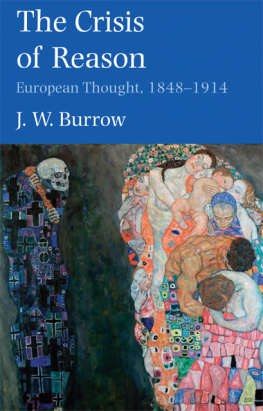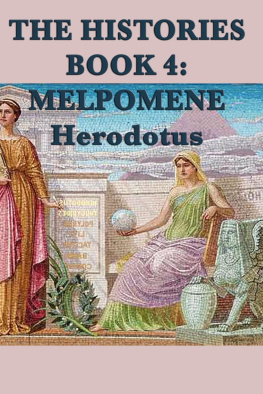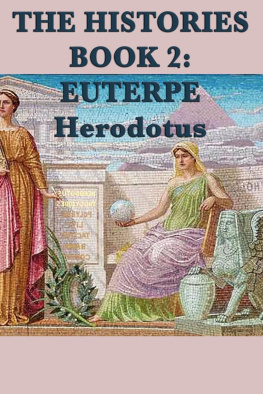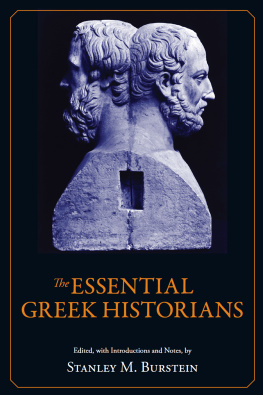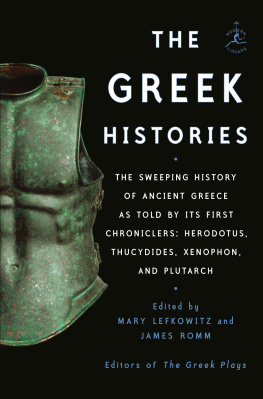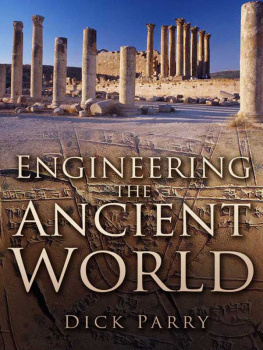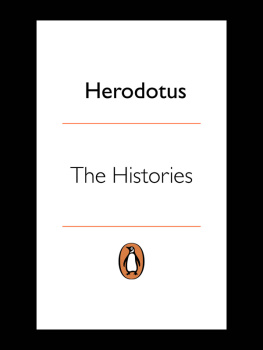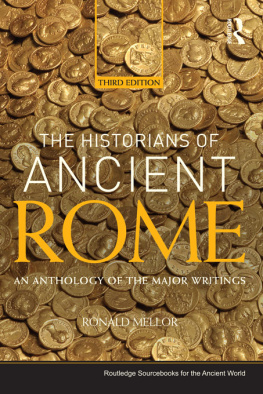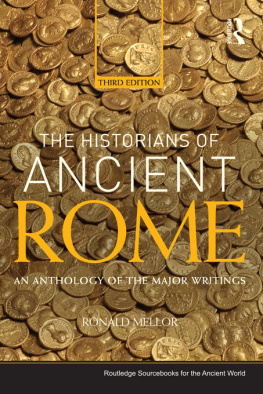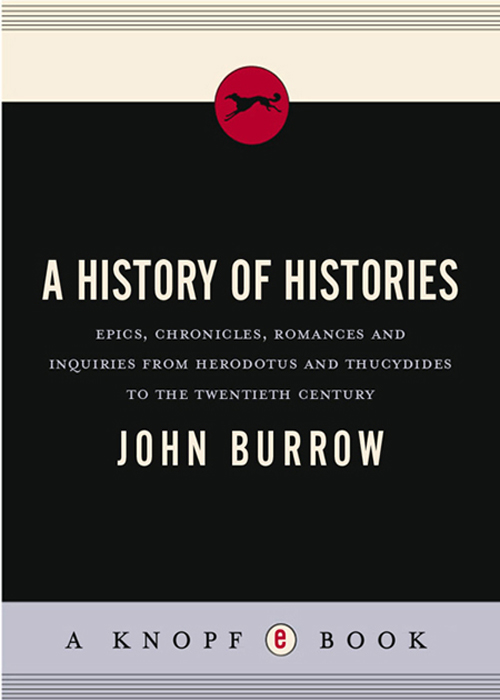
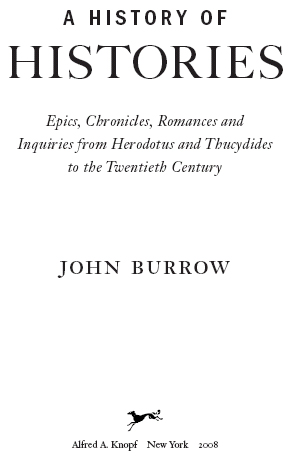
CONTENTS
Great thanks, laud, and honour ought to be given unto the clerks, poets, and historiographs that have written many noble books of wisedom of the lives, passions, and miracles of holy saints, of histories of noble and famous acts and faites, and of the chronicles since the beginning of the creation of the world unto this present time, by which we be daily informed and have knowledge of many things of whom we should not have known if they had not left to us their monuments written.
WILLIAM CAXTON (1484)
ACKNOWLEDGEMENTS
My first debt is to Stuart Proffitt, for suggesting I write this book and for keeping his faith in it during a long period of gestation, as well as overcoming my hesitation about taking on such a comprehensive project. He has added to my debt and my gratitude by his guidance with drafts of early chapters and by his immensely thorough editing of the finished text, which produced many justified criticisms and fruitful suggestions, which have greatly improved it.
A number of friends have earned my warm thanks by reading some or all of the draft chapters. Their corrections have saved me from embarrassing errors, and their encouragement and advice have helped me keep my nerve when venturing into areas where I was a novice. My thanks are due to Stefan Collini, John Drury, Patrick Mullin, Mark Phillips, Larry Siedentop, Quentin Skinner, John Thompson, Frank Walbank, Patricia Williams, Donald Winch and David Wootton. For remaining errors of fact or judgement I alone am responsible.
Jane Wyatt has typed a long and in places inscrutable manuscript and borne with heroic patience and good humour my many changes of mind. I am once again deeply indebted to her.
I am very grateful to them all.
A History of Histories?
Why A History of Histories, or, more explicitly, why not The History of History? History, even if we allow it to be in its broadest sense a single kind of activity, is nonetheless a highly diverse one. Plagues, invasions, emigrations; the foundation, working and development of constitutional arrangements and political systems; wars, external and civil, revolutions, changes in religion and culture, gradual or abrupt, the formation of various kinds of collective identityconfessional, national, ideologicalprovidential history in the sense of the dealings of God with man: all these and much else are properly regarded as history. Some histories are virtually pure narrative; others are virtually pure, almost atemporal, analyses, being essentially structural or cultural surveys. History is contiguous with many other genres and lines of inquiry, from epic and myths of origin to various social sciences, and touching also biography, drama, political and moral polemic, ethnography, novels, inquests and judicial investigations. It was, so far as we know, Herodotus who first used the term historia (inquiry) for what we call history. A histor in Homer was someone who passed judgement based on the facts as a result of investigation, so the link between history and inquest is a very old one.
How can this variety be converted into a single historical narrative: The History of History? There is one answer which is obvious, being to some degree necessary to a narrative. This is by establishing a terminus, an end to which the episodes of the story are in some sense subordinate and contributing, so that they become moments in a progression. In the case of the history of historical writinga genre which did not exist until the twentieth centuryit was inevitable, given the period and its historiographical culture, that this was most commonly and easily done by taking the present state of the subject (or what it was assumed to be) as the terminus. By the early twentieth century this present state was characterized, variously but with a fair degree of consensus, as pure or scientific or (tacitly) as professional history, all identified perhaps with the idea of history or the study of the past for its own sake. Professional history, in particular, was explicitly or simply by assumption associated with systematic archival research and the critical examination of sources, which had come to be thought of as constitutive of all serious history. Within this general consensus there could be differences of opinion, as for example between J. B. Bury and G. M. Trevelyan, over whether history was a science or an art, and over how far, if at all, the historian in pursuit of his science should be concerned to establish laws (anathema to R. G. Collingwood in his classic book The Idea of History, 1946). But despite these differences there was enough consensus to provide the basis for a selective grand narrative of the history of historiography, in which past historians were highlighted and assessed for their roles, necessarily partial, but helpful (or perhaps backsliding), in the general progression to the twentieth-century historians views and approved practice. In this sense it was possible to write The History of History.
I do not want to be understood as speaking simply in denigration of the assumptions underlying this possibility, as though of a past cultural episode. The central concernsabove all with history as truth-telling and, at least as an ideal, as free from biaswere already very old ones and, though shaken, are still in some sense with us, for those of us for whom a distinction between, say, history and imaginative fiction is still an important one. In this view Herodotus was taking an important step in distinguishing his own Histories from the work of the poets, and Thucydides, though he may have judged unfairly, was invoking relevant criteria when he sneered by implication at Herodotus as belonging with authors less concerned to tell the truth than to entertain the public. Some distance between the search for historical understanding and merely emotionally or polemically effective writing is still part of the self-image and intentions of the historical profession. Of course, in the history of historiography zeal for truth has been a spectrum rather than an absolutetruth mattered, fairly obviously, more to Polybius than to Livybut someone who wholly and perhaps wilfully falls off the negative end of the scale, like Geoffrey of Monmouth (this is not the place to argue the individual case), counts rather as a parodist or imitator of history.
All this may be true, but it remains true also that establishing a grand narrative of the history of historiography, by adopting a twentieth-century professional consensus as its terminus, was an impoverishingly narrowing strategy to adopt, eliminating or sidelining many interesting and potentially illuminating questions about approaches to historical writing, and indeed to the past as such, current in former times. There is, for example, the whole large and fascinating question of the surely very diverse motives for writing history. What did people in the past find interesting in their past, and why did they? Which pasts did it lead them to focus attention on, as well as shaping how they chose to present them, and how and why did these change over time or how did different answers to these questions in a single period reflect and express differences within the culture? Why did new genres of historical writing emerge? Surely not only or invariably as a result of an extension of a pre-existing scientific curiosity, though that was sometimes a factor.
This book aims to provide answers to these questions. They have not been entirely neglected, and historians of historiography have been concerned to divide their subject in terms of genre as well as of method. But there is a balance to be redressed, as well as an allegiance to be proclaimed. I have tried to focus here on the question of the pasts that people have chosen for themselves and why, as well as on how they investigated and presented them. This may seem scarcely revolutionary, but like all chosen strategies it involves sacrifices. In particular, in grouping historians according to subject matter I have sometimes been cavalier with strict chronologya lesson historians learned when they moved away from annals as the dominant form. So, for example, the Alexander historians are treated here as part of the story of the Greek encounters with the Persian empire, even though the historians whose work is still extant wrote much later, under the Roman empire. Perhaps most controversially, consideration of the Bible and its influence on historiography is postponed until its impact on the Gentile world in the early Christian centuries, rather than being placed, as chronology dictates, between Egyptian and Babylonian historians and Herodotus.
Next page


